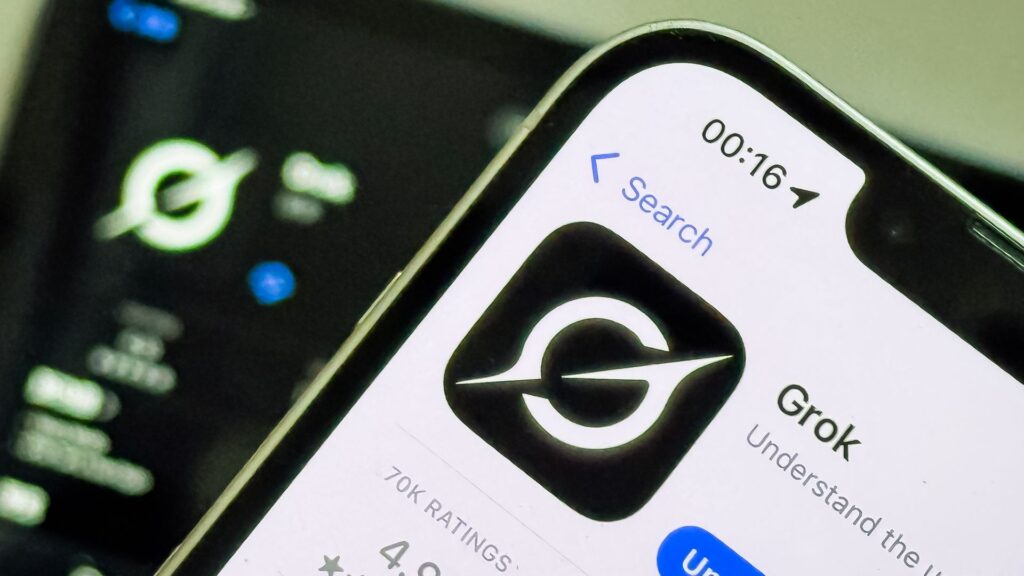Elon Musk’s artificial intelligence chatbot, Grok, is facing new criticism after reports emerged that users are exploiting it to undress women in photos. The AI is part of X, formerly known as Twitter, and has raised fresh concerns about online safety and moderation.
The backlash began when a woman highlighted the issue on X, showing how users could reply to photos of women and ask Grok to “remove her clothes.” The incident gained wider attention after 404 Media reported on it. While the technology enabling people to generate nonconsensual sexual images is not new, a widely available AI service allowing users to do so is.
Experts raise concerns about AI safeguards
A tech and society consultant highlighted the issue by sharing a screenshot of the request, asking Grok if it has “system-level safety and content moderation guardrails.”
In response, the AI issued an apology, saying, “This highlights a gap in our safeguards, which failed to block a harmful prompt, violating our ethical standards on consent and privacy.” It added that it is reviewing its policies to improve consent protocols going forward.
This incident comes as lawmakers continue working on legislation to strengthen online safety protections. Parents and victims of online bullying have pushed for tougher laws, citing the emotional damage caused by intimate images shared without consent.
Take It Down Act gains momentum
In April, the U.S. House of Representatives passed the bipartisan Take It Down Act, which had already cleared the Senate in February. The bill, introduced by Sens. Ted Cruz, R-Texas, and Amy Klobuchar, D-Minn., aims to protect victims of online abuse, especially those targeted with deepfakes and nonconsensual intimate images.
The law requires platforms to remove reported content within 48 hours and makes posting such imagery a criminal offense. President Donald Trump has indicated he would sign the bill into law.
Lawmakers push No Fakes Act
In addition to the Take It Down Act, lawmakers reintroduced the No Fakes Act earlier this year. The bill seeks to “protect the voice and visual likenesses of individuals from unfair use through generative artificial intelligence.”
The legislation cites a case from last April in which a high school principal was falsely accused of racism based on an AI-generated recording. Organizations such as the Recording Industry Association of America and YouTube have voiced support for the bill.
X and Musk yet to comment
Elon Musk has praised Grok in the past, calling it “based” –– a slang term meaning authentic –– compared to rival AI chatbots like ChatGPT. However, X has not directly addressed the latest controversy surrounding Grok’s misuse.


